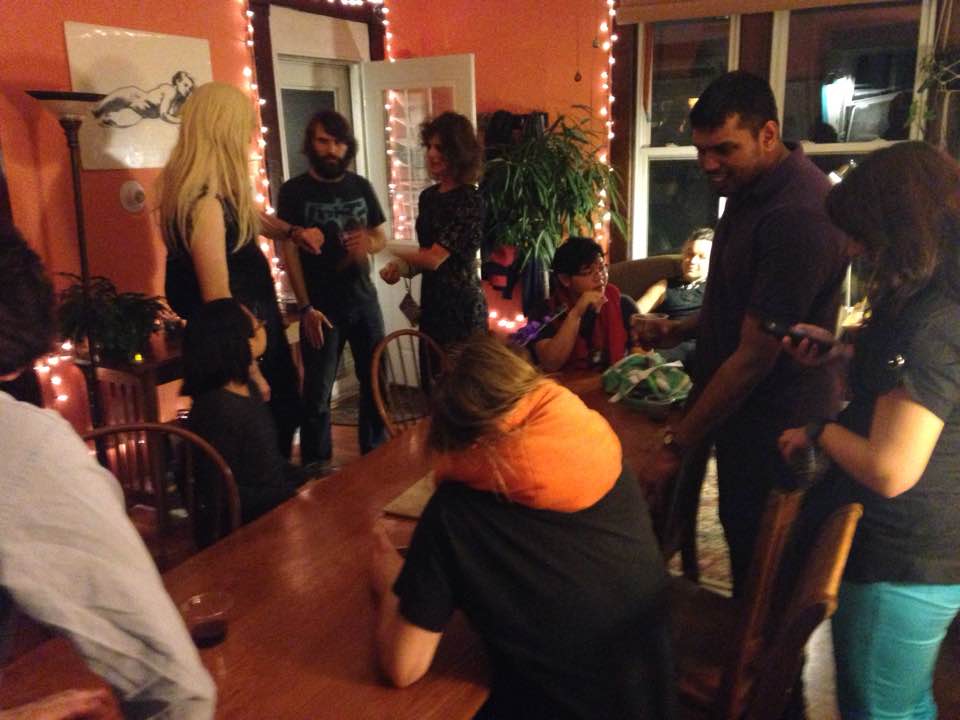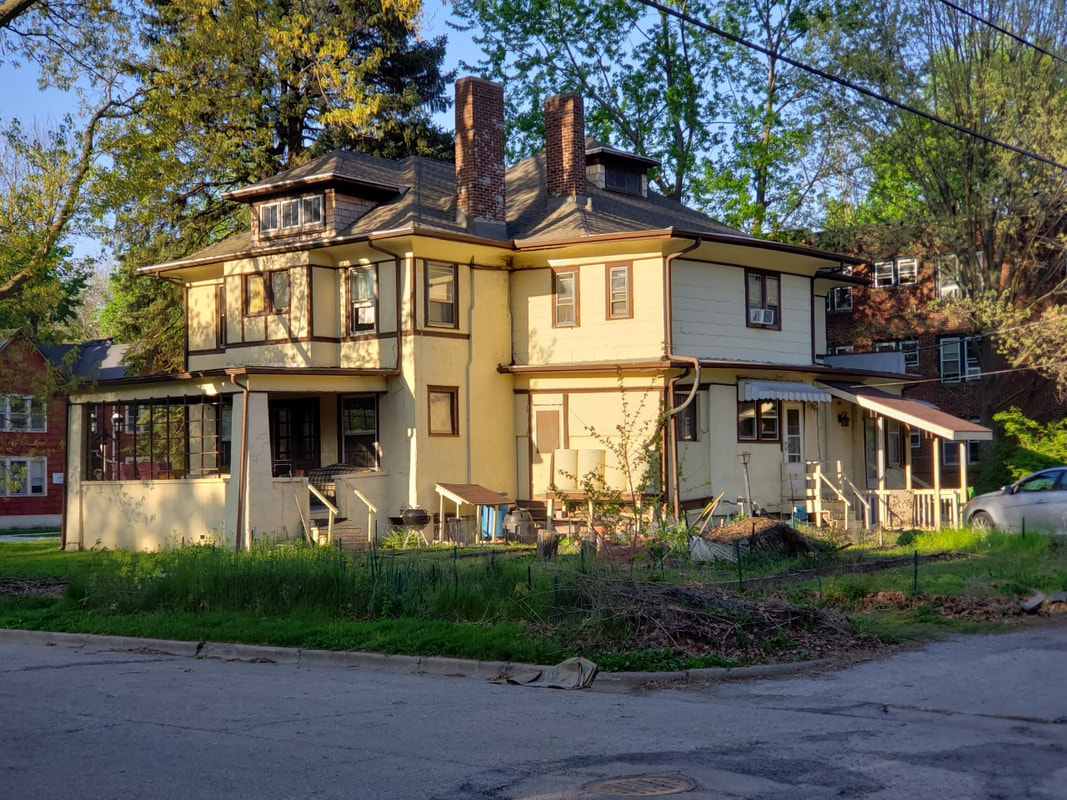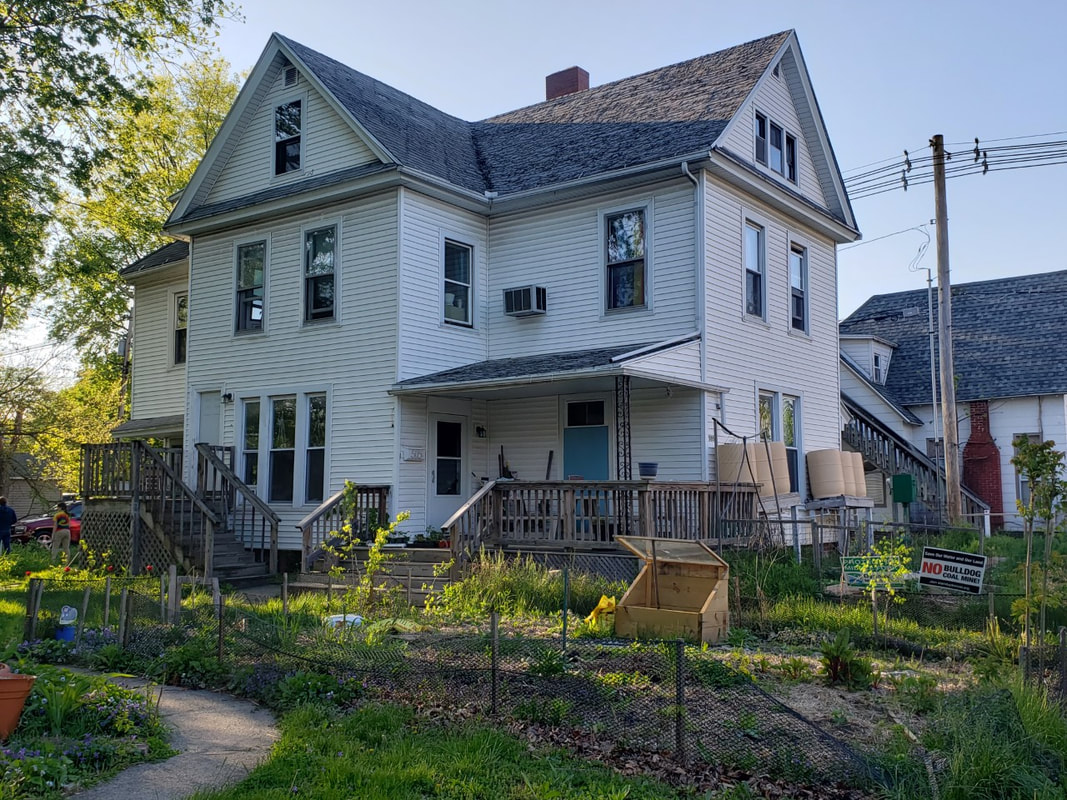Co-op Life
Living in a co-op is beyond the typical, anonymous, individualistic living situation. Co-ops are a friendly, community-oriented, and low-cost housing option, where members not only share the same roof, but also the responsibilities of taking care of and managing a household. A co-op is for people who want balance in their lives with healthy, home-cooked meals, a consistent dose of social interaction, and a clean and cheerful living space.
Living in a co-op will challenge you to learn new things as the co-ops are self-governed and members share different responsibilities such as cooking, cleaning, shopping, and finances.
Co-op members are undergraduate students, graduate students, working professionals, and community members of all ages. Members are from different corners of the world and have a diverse set of backgrounds.
Living in a co-op will challenge you to learn new things as the co-ops are self-governed and members share different responsibilities such as cooking, cleaning, shopping, and finances.
Co-op members are undergraduate students, graduate students, working professionals, and community members of all ages. Members are from different corners of the world and have a diverse set of backgrounds.
Shared Meals
House meals are one of the best parts of the co-op experience. Every week, members pair up to cook dinner for the whole house, and everyone eats together to socialize and be together. All houses have raised vegetable gardens to grow their own food and bulk food is oftentimes bought for meals and snacking. Environmentally aware, houses make composting and recycling a part of their kitchen routine.
Shared Labor
House members work together to keep the house clean and organized. Chores are split and can include food shopping, finances, and general cleaning of different rooms. This orderly division of labor makes sure no one person is stuck doing all the work.
Shared Community
House members don't just co-exist together; they work and play together. Weekly house meetings allow members to bring up concerns and thoughts and allow members to vote on different decisions together. Additionally, members oftentimes hang out in common areas together, playing games and watching movies.
The Houses
How to Join?
1.) Look through the different house pages and choose which house(s) you're interested in. Contact those houses' membership coordinators to schedule an interview. Emails for each house can be found on that respective house's pag
2.) Most houses do membership dinners for your visit, where you sit down and share a meal with the current housemates. This allows you to get to know the house and vice versa to see if you're a good fit. You'll be able to tour the house and ask any questions you might have about the living situation and logistics. Zoom dinners and tours are also available for those who can't come to the house in-person.
3.) After this initial interview, the house may decide to have a second interview, where you can ask any lingering questions and to allow both parties to get to know each other better.
4.) After the interview phase, the house will let you know whether they think you would be a good fit for the house and send you a list of the available bedrooms along with pictures. This is your chance to decide whether this is the house for you and look through the available bedrooms.
5.) If you choose to accept, you will sign a lease for your bedroom as well as put down a security and utility deposit. All leases run from August 15 to August 15 of the following year. However, you may be able to move in earlier if space is available.
2.) Most houses do membership dinners for your visit, where you sit down and share a meal with the current housemates. This allows you to get to know the house and vice versa to see if you're a good fit. You'll be able to tour the house and ask any questions you might have about the living situation and logistics. Zoom dinners and tours are also available for those who can't come to the house in-person.
3.) After this initial interview, the house may decide to have a second interview, where you can ask any lingering questions and to allow both parties to get to know each other better.
4.) After the interview phase, the house will let you know whether they think you would be a good fit for the house and send you a list of the available bedrooms along with pictures. This is your chance to decide whether this is the house for you and look through the available bedrooms.
5.) If you choose to accept, you will sign a lease for your bedroom as well as put down a security and utility deposit. All leases run from August 15 to August 15 of the following year. However, you may be able to move in earlier if space is available.
If you have more questions about Co-op living, please look at the FAQ page for more information.





